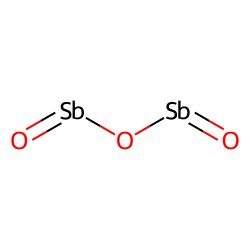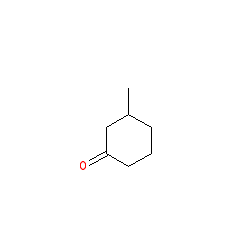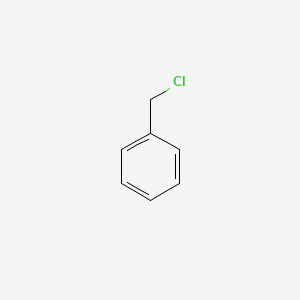


2-Amino-3,5-dibromobenzaldehyde is a chemical compound used in pharmaceutical and chemical synthesis. It is commonly utilized as an intermediate in the development of various drugs and bioactive compounds. The compound features a bromine-substituted aromatic aldehyde structure, providing specific reactivity useful in pharmaceutical research and chemical applications.


2-Amino-3,5-dibromobenzaldehyde is a chemical compound used in pharmaceutical and chemical synthesis. It is commonly utilized as an intermediate in the development of various drugs and bioactive compounds. The compound features a bromine-substituted aromatic aldehyde structure, providing specific reactivity useful in pharmaceutical research and chemical applications.

.3d8f8f41.svg)
Pharmaceutical
.3556d45a.svg)

Pharmaceutical Actives & Precursors


Intermediates & Precursors
Included in Quote
Included in Quote
Included in Quote
Included in Quote
.7767eb0f.png)

Chemical Properties & Specifications
Used in the synthesis of pharmaceutical compounds, particularly in the development of drugs with specific biological activities.
Can be employed in the synthesis of agrochemical agents, particularly for pest control.
Used as an intermediate in the synthesis of other organic molecules and chemicals for research purposes.
Development of new pharmaceutical agents and as a building block in organic chemistry
It is widely used in the pharmaceutical and agrochemical sectors as an intermediate in API synthesis, dyes, and biocides.
It may cause skin and eye irritation. Handle with proper protective equipment and ensure fume hood usage when working with large quantities.
It should be stored in airtight containers under dry, cool conditions, away from oxidizing agents.
ADBA serves as a crucial intermediate in the synthesis of various active pharmaceutical ingredients (APIs), notably in the production of Ambroxol and Bromhexine metabolites. These compounds are widely used as mucolytic agents in respiratory therapies, highlighting ADBA's significance in the pharmaceutical industry.
ADBA undergoes condensation reactions with aliphatic diamines to form tetradentate Schiff base ligands. These ligands can coordinate with metal ions such as nickel(II) and oxovanadium(IV), resulting in complexes that exhibit notable thermal stability and catalytic properties. Such complexes are of interest in material science and catalysis research.

CAS No. : 1309-64-4
Category : Inorganic compound
Sub-Category : Flame retardants
Description: Antimony trioxide (Sb2O3) is an inorganic compound commonly used as a flame retardant and as a catal...

CAS No. : 36306-87-3
Category : Fragrance Ingredients
Sub-Category : Aroma Chemicals
Description: Kephalis is widley used in many industries. It plays a key role in the production of resins, coating...

CAS No. : 100-68-5
Category : Pharmaceutical Actives & Precursors
Sub-Category : Intermediates & Precursors
Description: Thioanisole is a colorless to light yellow liquid with an aromatic odor. It serves as a valuable int...

CAS No. : 1309-48-4
Category : Inorganic compound
Sub-Category : Magnesium compounds
Description: Magnesium oxide, commonly known as magnesia, is a white hygroscopic solid mineral that occurs natura...

CAS No. : 100-44-7
Category : Organic Intermediate
Sub-Category : Reagents
Description: Benzyl Chloride is a colorless to pale yellow liquid with a pungent odor. It is primarily used as an...